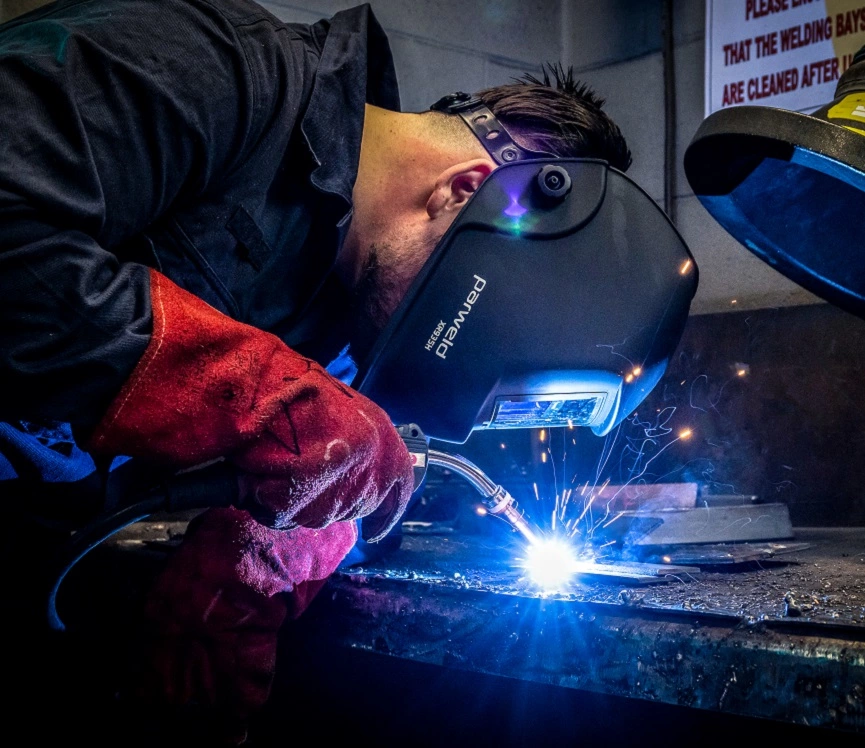Thanks to all of the students, staff and members of our community who have contacted us to ask about our ZERO project. Here are some of the most frequently asked questions, along with our answers...
- What is the ZERO project?
- Why is sustainability important to MidKent College?
- How does the ZERO project benefit students and staff?
- What are the college’s key sustainability goals?
- What steps has the college taken so far?
- How can individual staff members contribute to the ZERO project?
- Can students get involved in the ZERO project?
- How does the ZERO project align with national and global sustainability efforts?
- How will we measure the success of the ZERO project?
- What can the wider community do to support the ZERO project?

